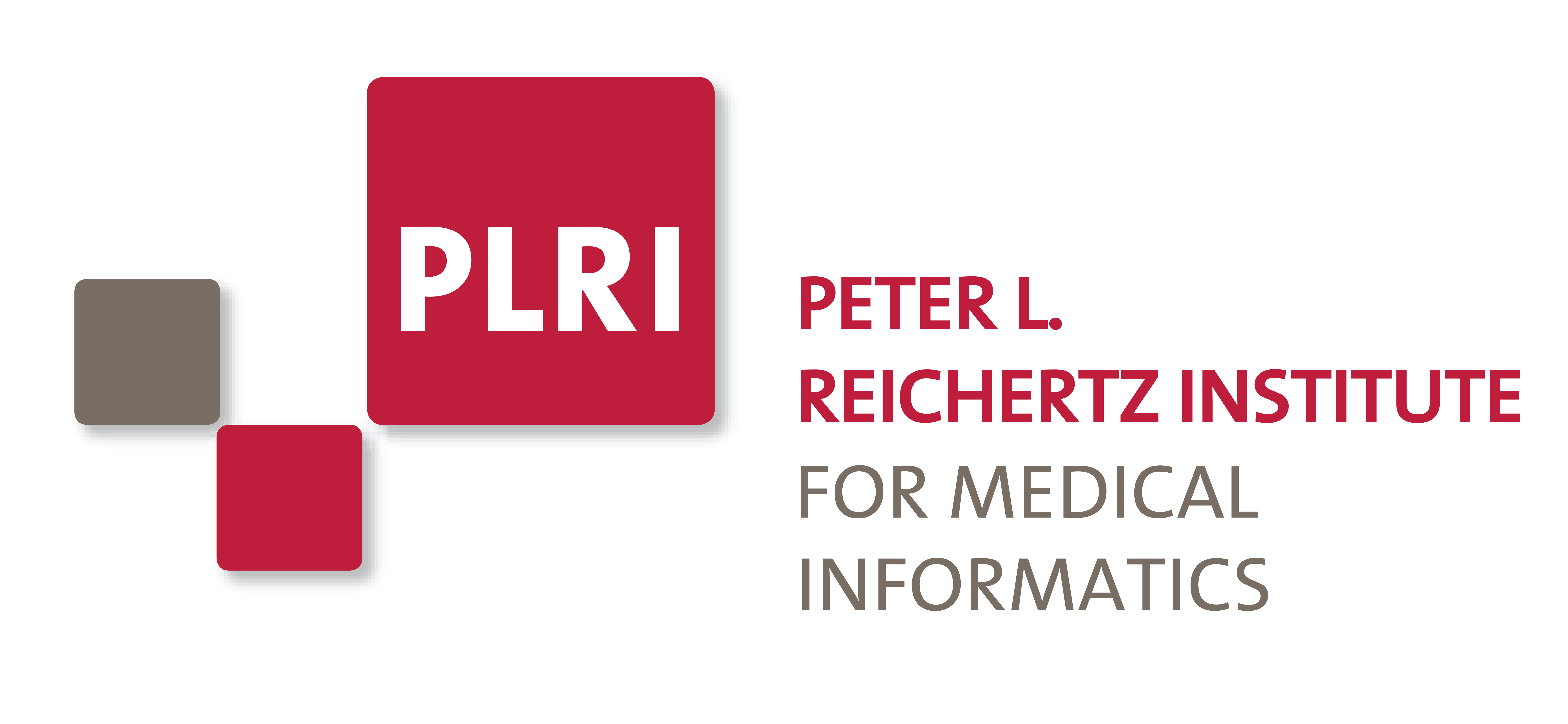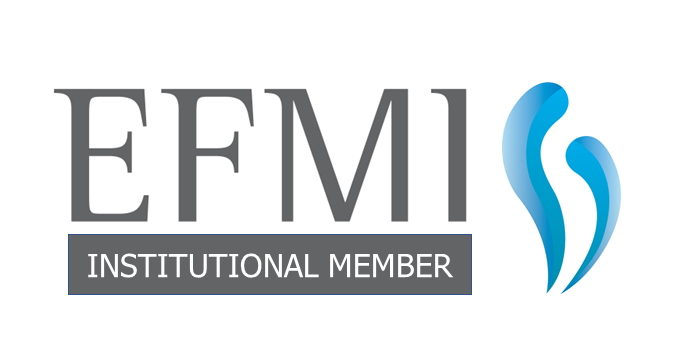Medical Data Integration Center at Hannover Medical School
As part of the ”HiGHmed” funding project, a medical data integration center (MeDIC) is established at Hannover Medical School (MHH) in cooperation with several other university hospitals, the German Cancer Research Center and other partners in healthcare, science and industry. Various institutes and clinics of the MHH cooperate in the MeDIC, i.e. the Peter L. Reichertz Institute for Medical Informatics, the Center for Information Management (ZIMt), the Department of Cardiology and Angiology, the Department of Gastroenterology, Hepatology and Endocrinology, the Institute for Diagnostic and Diagnostic Interventional Radiology, the Institute of Human Genetics, the Institute of Medical Microbiology and Hospital Hygiene and others.

General aim
Primary aim is the integration of multilocal, heterogeneous data within MHH to improve patient care and research. The strategic aim of the MeDIC is to establish an infrastructure based on internationally accepted, open standards for the cross-institutional exchange of medical data in the coming years to improve patient care and research opportunities in cooperation with the partners in the HiGHmed project. To achieve this goal, data must be interoperable in the participating institutions. The conditions and necessary measures for interoperability and interchangeability of the data are therefore coordinated across the institutions (common information management). To foster patient participation from the beginning, another goal is to establish an innovative patient portal so that patients can access their own data on the course of treatment as well as further information about their disease.Of course, data protection, data security as well as data privacy (informational self-determination) of the patients are of highest importance.
Focus of research
The cross-institutional exchange of medical data is expected to improve patient care within three exemplary Use Cases:
- Use Case Oncology: Existing data sources, from e.g. radiology, pathology and electronic medical records should be merged within the technical platform of the MeDIC. To establish the cross-institutional exchange of data, the data have to be enriched semantically. A specific case for exchange of data is the consultation of specialists within a cross-institutional molecular tumor board meeting. Hereby, extensive data about treatment and progress of the disease are integrated, prepared and presented to the doctors participating in the tumor board.
- Use Case Cardiology: Patients with heart failure will be enabled to link their own health-related data (such as physical activity data) with their patient record to document the further recovery process beyond their inpatient stay. Thus, an information system will be established, which provides physicians with objective measures and enables targeted recommendations.
- Use Case Infection Control: This use case aims for the early detection and prevention of infection clusters of various pathogens (e.g., MRSA) by analyzing combined patient movement (admission, transfer, and discharge) and microbiology data within the hospital.
Even the research profits by the cross-institutional exchange of medical data, because it can be helpful for the treatment of a new patient to have information about similar cases. Furthermore, it is possible to get an empirically sound number of cases for rare diseases and new insights about these diseases.
Contact
Additional information
Further information can be found at:
HiGHmed
Medical Informatics Initiative




